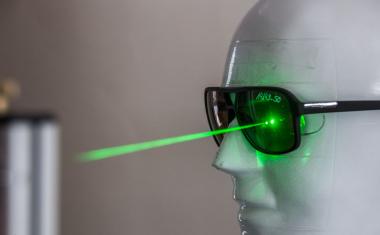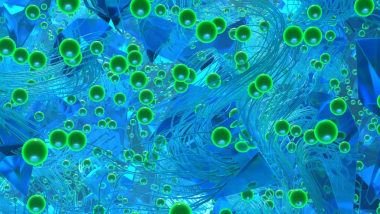OETI purchases ECS to expand its PPE portfolio
OETI – a member of the internationally active TESTEX Group – has bought the German company ECS to expand its service portfolio in the field of personal protective equipment (PPE).
OETI has been offering testing services for textile work clothing since 1983 – for about 40 years. Since the introduction of CE labelling for personal protective equipment and the enactment of the PPE Directive by the European Union in 1993, OETI has not only been testing textile personal protective equipment, but now on also certifies it in conformity with EU standards. In 1995, OETI was certified in Brussels as a Notified Body (0534) for type-examinations and quality assurance monitoring of personal protective equipment end products. Testing and certification is carried out in accordance with the current PPE Regulation (EU) 2016/425.
Testing and Certification Body for Eye and Face Protection, based in Aalen, was founded 15 years ago and is a globally active institution for testing and certification of eye and face protection equipment. The company is one of the leading independent testing institutions for personal protection products in laser applications and for welding work.
ECS tests and evaluates occupational health and safety goggles with and without a filter action, passive and active switching protection filters and shields for welders, and laser protection filters, goggles, and shields. The company also tests the optical properties of sunglasses, sports glasses, ski goggles, swimming goggles and motorbike goggles.
With OETI’s takeover, the ECS location in Aalen is retained, and all employees will continue working at ECS. The new Managing Director of ECS GmbH as of 1 July 2023 is Dipl.-Ing. Rolf Diebolder.
‘We are present on the European market, on the American market and, via a representative office, on the Chinese market. With the aid of the new distribution channels through OETI and TESTEX, we want to steadily advance ECS’ expansion and be present on all five continents’, says Managing Director Rolf Diebolder, explaining his strategic plans for ECS. ‘I would like OETI and ECS to develop a joint strategy in order to be able to offer existing and new customers of both companies a complete package which, when combined, will give us a unique selling point in the marketplace’, says Diebolder.
Diebolder also sees further potential in the cooperation with regard to protective laser clothing. According to him, this is where the laser laboratory commissioned by ECS could be used to make textiles laser-safe. In the future, there will be more and more ‘hand-held’ devices, i.e. laser welding devices, for which gloves and protective jackets are needed.
OETI - Institut fuer Oekologie, Technik und Innovation GmbH







